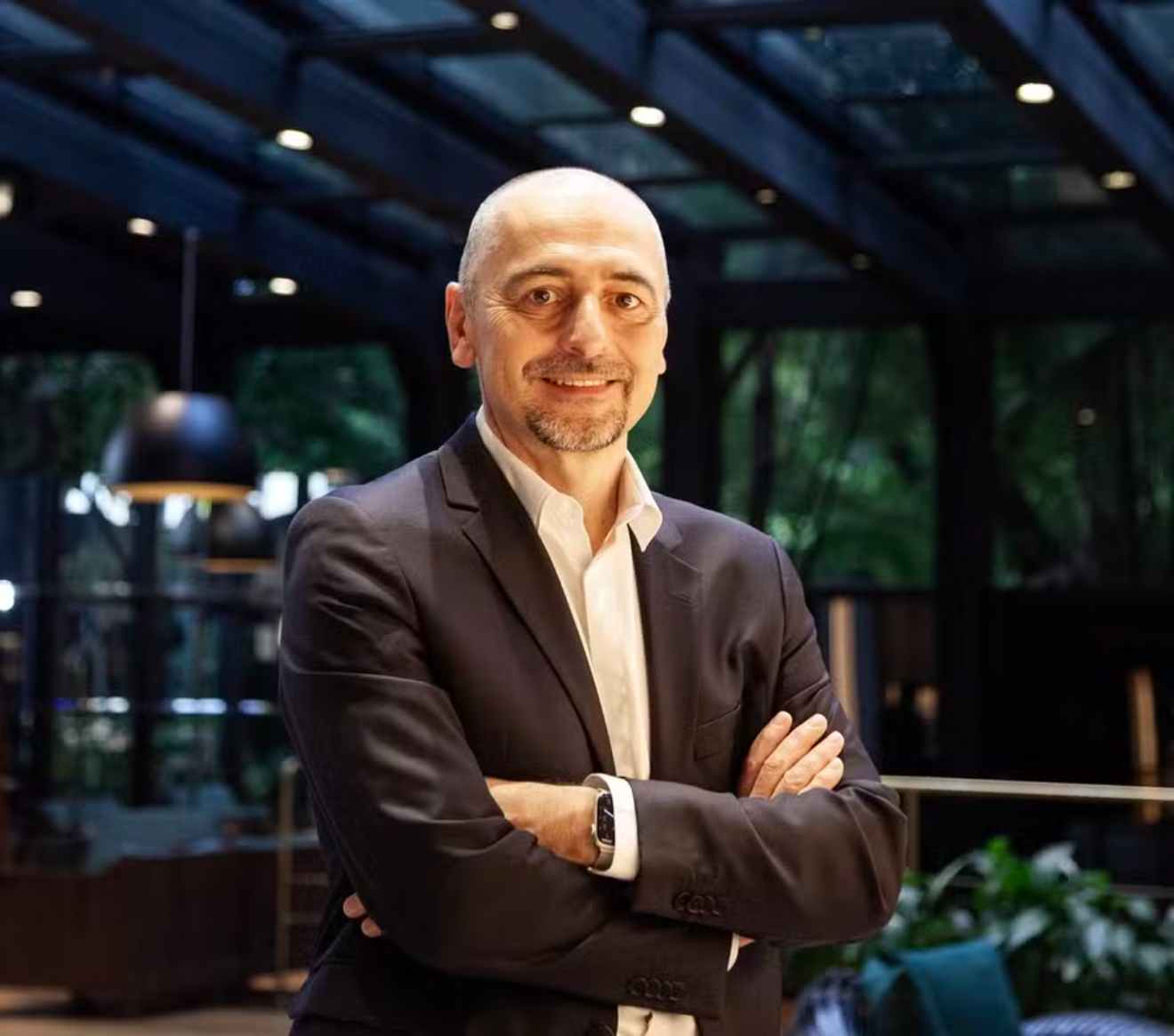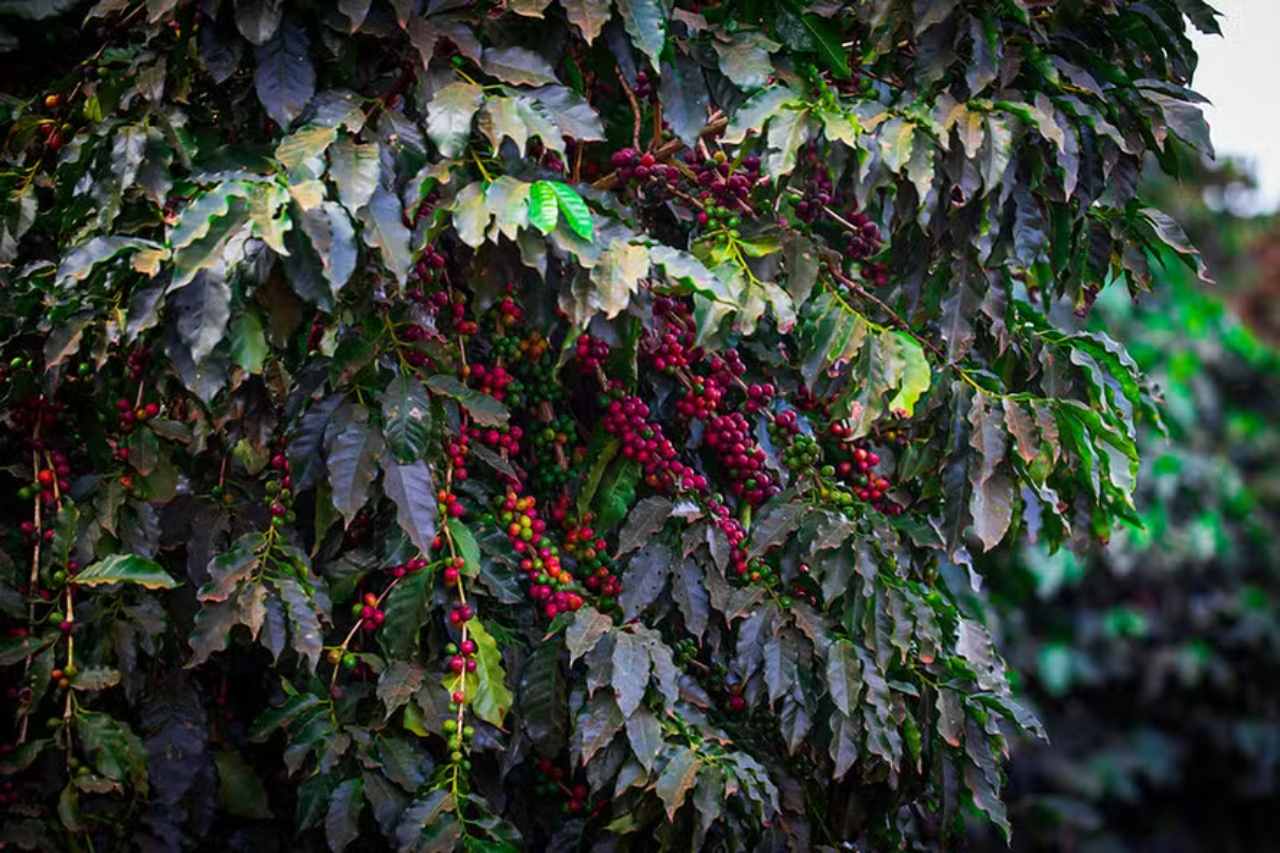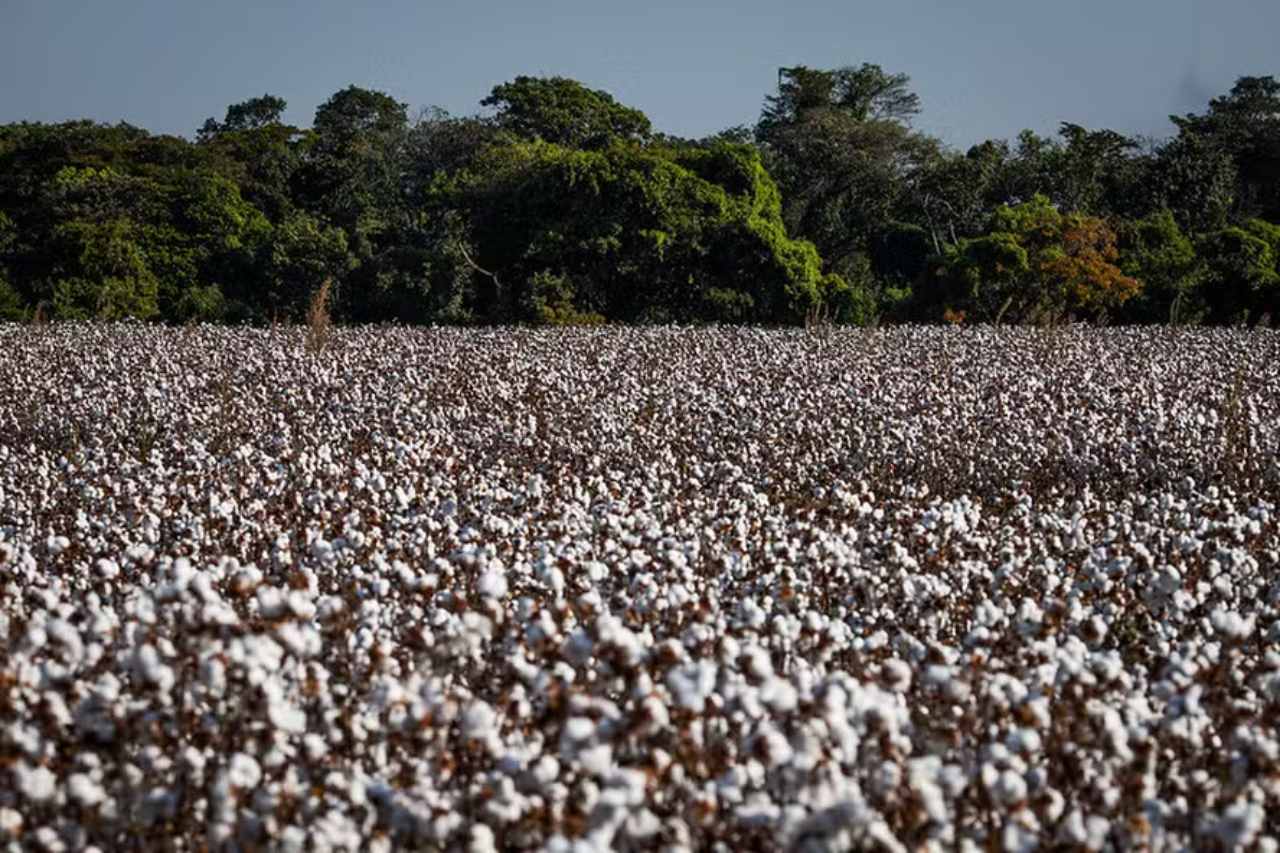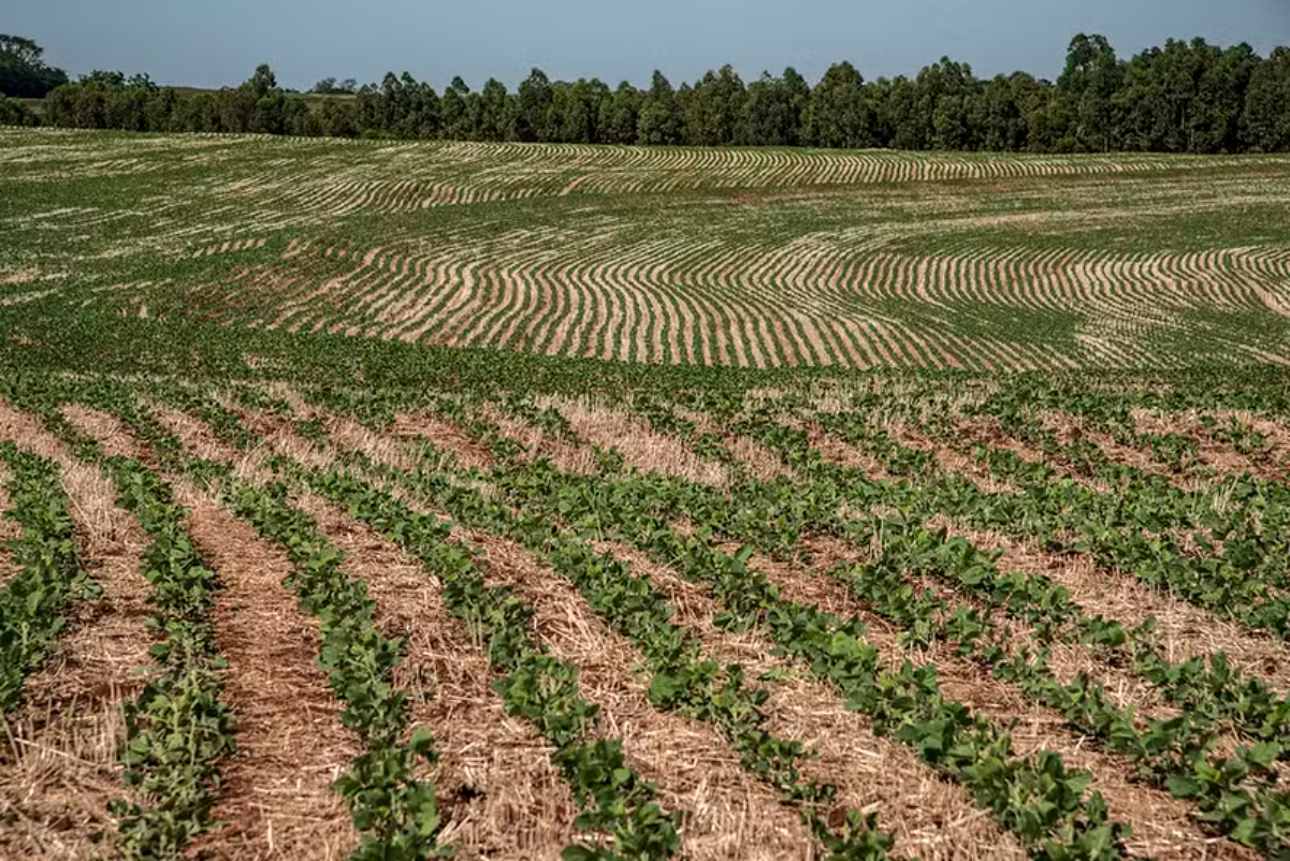Franco-Brazilian greentech aims to revolutionize agriculture with carbon-capturing technology
NetZero, a Franco-Brazilian greentech company, has secured €7 million in funding from OCP, a leading global phosphate supplier, through the Innovx investment fund affiliated with Morocco’s Mohammed VI Polytechnic University (UM6P). This investment aims to accelerate biochar production in the Global South.
What is Biochar?
Biochar is a carbon-capturing form of charcoal that not only helps mitigate carbon emissions but also boosts agricultural productivity. According to NetZero, biochar can increase crop yields by up to 25% and plays a crucial role in decarbonizing agriculture.
Axel Reinaud, president of NetZero, emphasized the need for rapid scaling:
“Traditional fertilizers take years to optimize and fund expansion. Biochar cannot afford such delays.”
Expansion into Africa and Joint Venture with OCP
NetZero plans to establish biochar production plants across Africa, with Morocco serving as a gateway for expansion. While the company operates a pilot plant in Cameroon, Morocco’s lack of biomass means it will serve as a strategic hub rather than a primary production site.
By March 2025, NetZero expects to formalize a joint venture with OCP to set up biochar factories on the continent. Innovx manager Amine Houssaïm described the partnership as a major step toward addressing long-term environmental and social challenges.
Global Growth Strategy
NetZero is actively pursuing investors beyond Africa, including in the U.S. and Latin America. The company has already initiated discussions with potential partners in Argentina, Colombia, and Brazil.
Reinaud highlighted Brazil’s market as the most promising globally, followed by India and Africa. NetZero currently operates three commercial plants in Brazil, located in:
- Lajinha (MG)
- Brejetuba (ES)
- Machado (MG) (awaiting licensing)
A fourth plant is under construction in São João do Manhuaçu (MG), targeting coffee-producing regions. Tests with NetZero’s biochar have demonstrated productivity increases of 20% to 100%, and some coffee traders are paying premium prices for biochar-fertilized crops.
Challenges and Next Steps
NetZero aims to expand biochar use to other crops, including sugarcane, açaí, and coconut. The company is also exploring franchise models to scale production and negotiating third-party manufacturing agreements.
Reinaud emphasized the importance of local production:
“Biochar’s carbon-reducing benefits are only effective when used within a 30 km radius of the production site. Otherwise, transportation emissions negate the environmental benefits.”
Currently, NetZero is the only company globally producing biochar on a commercial scale. Reinaud believes competition will enhance the product’s credibility and drive market adoption.





